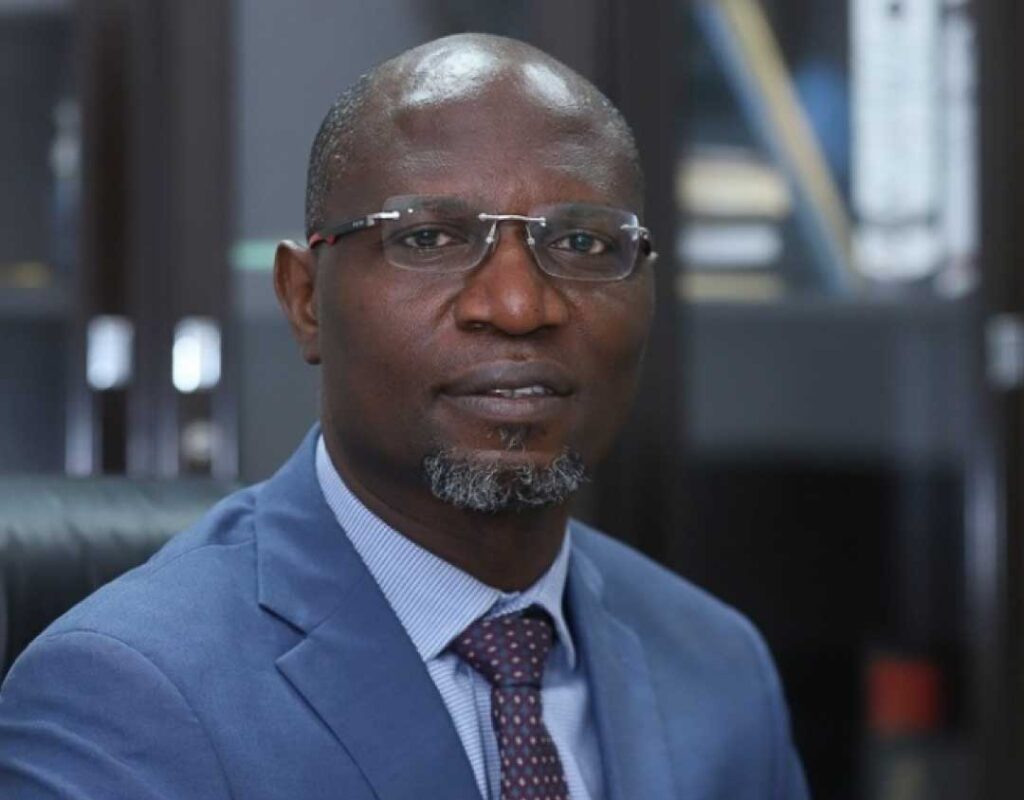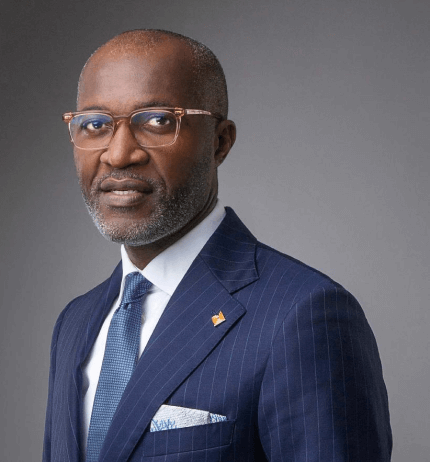The Director-General of Nigeria’s Debt Management Office (DMO), Ms. Patience Oniha, has cautioned state governments against excessive borrowing, urging them instead to adopt Public-Private Partnerships (PPPs) and prioritise tax revenue mobilisation to fund infrastructure projects.
She warned that without such measures, Nigeria risks sliding into another debt crisis.
Speaking at a one-day workshop in Lagos on Tuesday, organised under the States Action on Business Enabling Reforms Programme with World Bank support, Oniha stressed that PPPs and stronger revenue collection are critical to sustaining fiscal health at both state and federal levels.
Oniha explained that PPPs provide governments with an opportunity to leverage private sector investment and expertise for infrastructure development and service delivery. This approach, she said, reduces the financial burden on government, accelerates project execution, and often results in higher-quality outcomes.
“Borrowing should not be the major way to source funds,” she said. “Public-private partnerships can help improve Nigeria’s economy by attracting private sector investment and expertise to develop infrastructure and deliver public services. This reduces the financial burden on government, creates jobs, and fosters innovation.”
She added that PPPs also allow states to deploy non-cash assets such as land as equity in projects, broadening financing options.
Emphasising the role of tax revenue, Oniha said states must boost internally generated revenues (IGR) through efficient and transparent tax administration. Stronger compliance and reduced leakages, she noted, would provide governments with sustainable funding for health, education, and infrastructure without raising tax rates.
“Efficient tax collection increases government revenue without raising tax rates, ensuring more funds are available for public investment,” she said. “Improved compliance and administration reduce leakages and corruption, making the tax system fairer and more predictable.”
The DMO chief reminded policymakers of Nigeria’s troubled debt history and the importance of preventing a repeat. She pointed to the 2005 debt relief programme that rescued the country from unsustainable obligations, warning that current global examples of Ghana, Zambia, Argentina, and Sri Lanka serve as cautionary tales.
“This nation has gone through a debt crisis before,” Oniha said. “Everything necessary must be done to avoid a repeat.”
She emphasised that both federal and state governments must coordinate borrowing practices, as Nigeria is rated as a single economy by credit rating agencies and international lenders.
Also speaking at the event, Lagos State Commissioner of Finance, Mr. Abayomi Oluyomi, disclosed that the state is working on securitising some of its assets—both liquid and non-depreciable—to shore up its finances.
Oluyomi lamented that the steep depreciation of the naira, from about ₦400/$1 before the current administration to over ₦1,600/$1, has sharply increased Lagos State’s debt stock, particularly external obligations, without the state taking on new foreign loans.
As a result, he said Lagos has resolved not to take any new external loans except for long-term concessional facilities with repayment periods of over 20 years.
Oniha concluded by urging states to rethink their financing models, combine innovative revenue generation with prudent borrowing, and embrace PPPs to ensure sustainable growth.
“With the right approach, not only will governments get quality infrastructure, but projects will be delivered on time, and loans will service themselves,” she said. “That is the way forward.”





